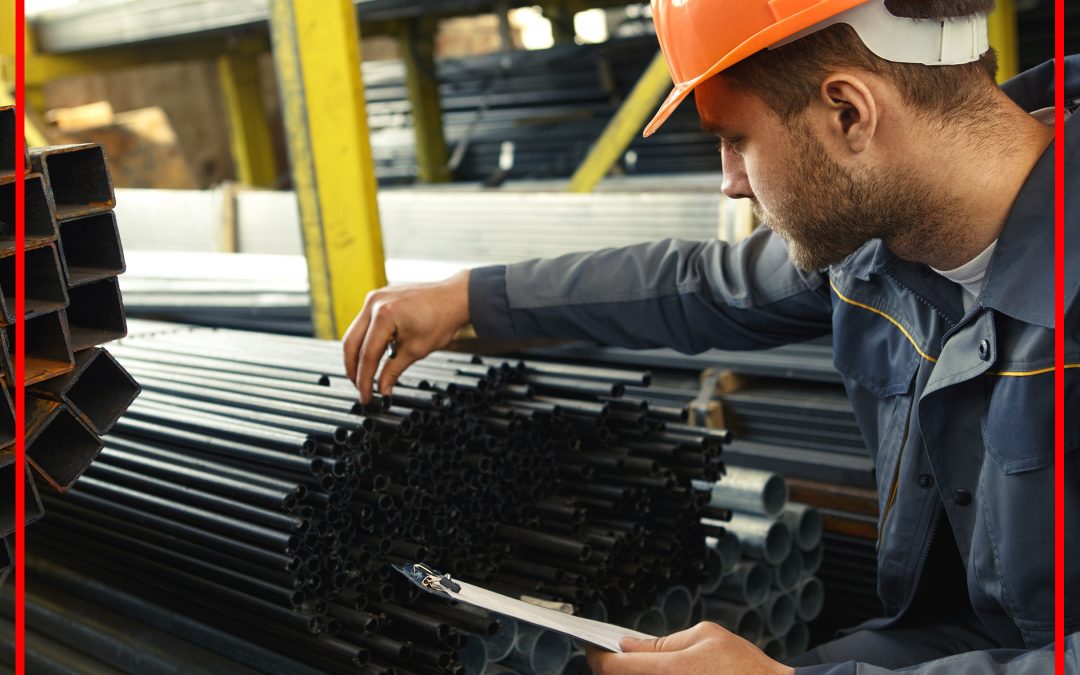How Your Company Can Contribute
In today’s increasingly eco-conscious world, businesses are under mounting pressure to adopt sustainable practices that mitigate environmental impact. One area where companies can make a significant difference is through steel recycling. Not only does steel recycling offer numerous environmental benefits, but it also presents valuable opportunities for businesses to demonstrate their commitment to sustainability. Let’s delve into the environmental advantages of steel recycling and explore how your company can play a vital role in this critical initiative.
Steel recycling is a highly efficient process that conserves resources, reduces energy consumption, and minimizes waste. Unlike many other materials, steel is infinitely recyclable without losing its inherent properties or quality. This means that steel can be recycled repeatedly without degradation, making it a closed-loop material cycle. By recycling steel, companies can significantly reduce the demand for raw materials, thereby conserving natural resources and protecting vulnerable ecosystems from the harmful impacts of resource extraction.
One of the most compelling environmental benefits of steel recycling is its significant energy savings. Producing steel from recycled scrap requires substantially less energy compared to virgin steel production from iron ore. According to the Steel Recycling Institute, recycling one ton of steel conserves approximately 2,500 pounds of iron ore, 1,400 pounds of coal, and 120 pounds of limestone. Furthermore, recycling steel reduces greenhouse gas emissions by up to 85% and air pollution by up to 86% compared to primary steel production. These energy and emission savings contribute to mitigating climate change and improving air quality, benefiting both the environment and public health.
In addition to energy savings and emission reductions, steel recycling plays a crucial role in waste reduction and landfill diversion. Steel is one of the most recycled materials globally, with a recycling rate exceeding 85% in many countries. By diverting steel scrap from landfills, companies help alleviate the burden on waste management infrastructure and minimize the environmental risks associated with landfilling, such as soil and water contamination, greenhouse gas emissions, and habitat destruction.
Moreover, steel recycling offers economic benefits to businesses by reducing production costs, generating revenue from scrap sales, and enhancing brand reputation and customer loyalty. By incorporating recycled steel into their manufacturing processes, companies can achieve cost savings through lower material procurement costs, reduced energy expenditures, and streamlined waste management practices. Furthermore, embracing sustainable practices such as steel recycling enhances a company’s reputation as a responsible corporate citizen committed to environmental stewardship, attracting environmentally conscious consumers and investors.
So, how can your company contribute to the environmental benefits of steel recycling? Here are a few actionable steps you can take:
- Implement a comprehensive recycling program: Establish a structured recycling program within your organization to collect and segregate steel scrap generated during manufacturing processes, construction projects, and end-of-life product disposal.
- Partner with reputable scrap recyclers: Forge partnerships with certified scrap recyclers who adhere to stringent environmental and safety standards, ensuring the responsible handling and processing of steel scrap.
- Optimize material recovery and reuse: Explore opportunities to optimize material recovery and reuse within your operations by integrating recycled steel into product design, manufacturing processes, and supply chain management practices.
- Educate and engage stakeholders: Educate employees, suppliers, customers, and other stakeholders about the environmental benefits of steel recycling and encourage their active participation in recycling initiatives through training programs, awareness campaigns, and incentivized schemes.
By embracing steel recycling as a core component of your sustainability strategy, your company can make a tangible impact on environmental conservation, resource efficiency, and waste reduction while simultaneously realizing economic benefits and enhancing brand reputation. Together, let’s work towards a more sustainable future powered by the transformative potential of steel recycling.


Recent Comments